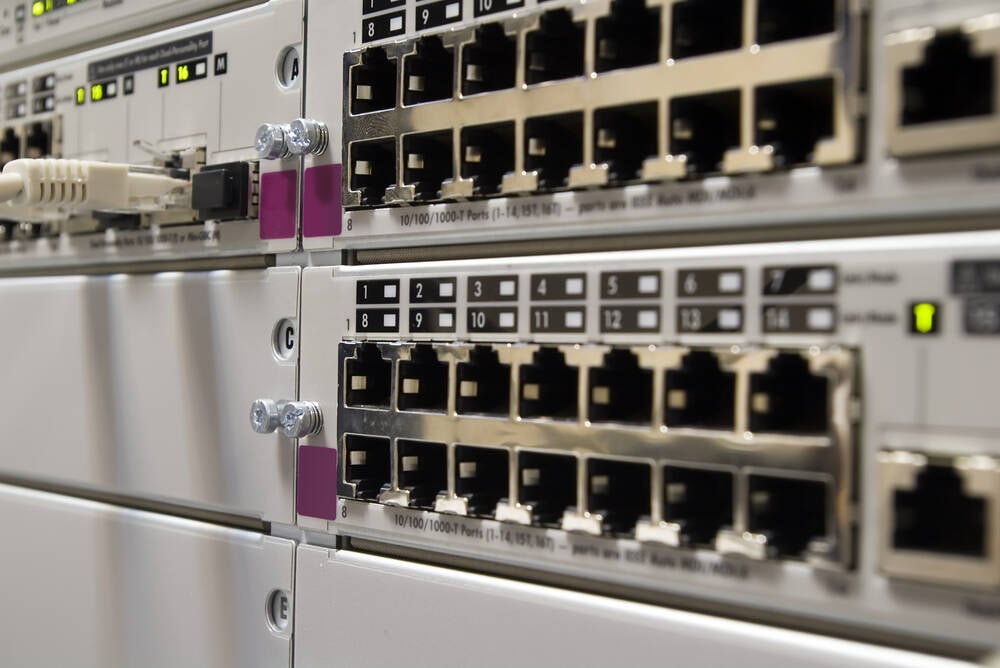
May 2, 2024 at 04:38PM
ArubaOS has disclosed ten vulnerabilities, including four critical buffer overflow issues affecting components such as utility daemon, L2/L3 management service, and automatic reporting service. Exploits can lead to remote code execution. Other medium-severity vulnerabilities were reported, with one researcher credited. Temporary workarounds are recommended, with a suggestion to enable PAPI Security feature. Upgrades and patches are advised.
Based on the meeting notes, here are the key takeaways:
1. Urgent need for patching a bundle of critical vulnerabilities in ArubaOS that could lead to remote code execution as a privileged user.
2. HPE Aruba Networking disclosed ten vulnerabilities, with four rated as “critical” and the remaining six graded as medium severity.
3. The four critical vulnerabilities are categorized as buffer overflow vulnerabilities affecting different components of ArubaOS.
4. Temporary workaround available for the critical vulnerabilities is enabling the PAPI Security feature using a non-default key, which will prevent any exploits.
5. Proof of concept exploit code has not yet been released, however, it is emphasized to apply the patches and enable the PAPI Security feature as soon as possible.
6. Aruba Mobility Conductors, Mobility Controllers, and WLAN gateways managed by Aruba Central are affected by the vulnerabilities.
7. Specific versions of ArubaOS are vulnerable and need upgrading.
8. Several software versions no longer receive technical support but are vulnerable to the security issues.
9. Additionally, there are six medium-severity vulnerabilities that were reported via the vendor’s bug bounty program, which can also be mitigated by enabling the PAPI Security feature or applying patches promptly.
These takeaways highlight the importance of prompt action to address the critical vulnerabilities, including patching and applying necessary security measures to mitigate potential risks.